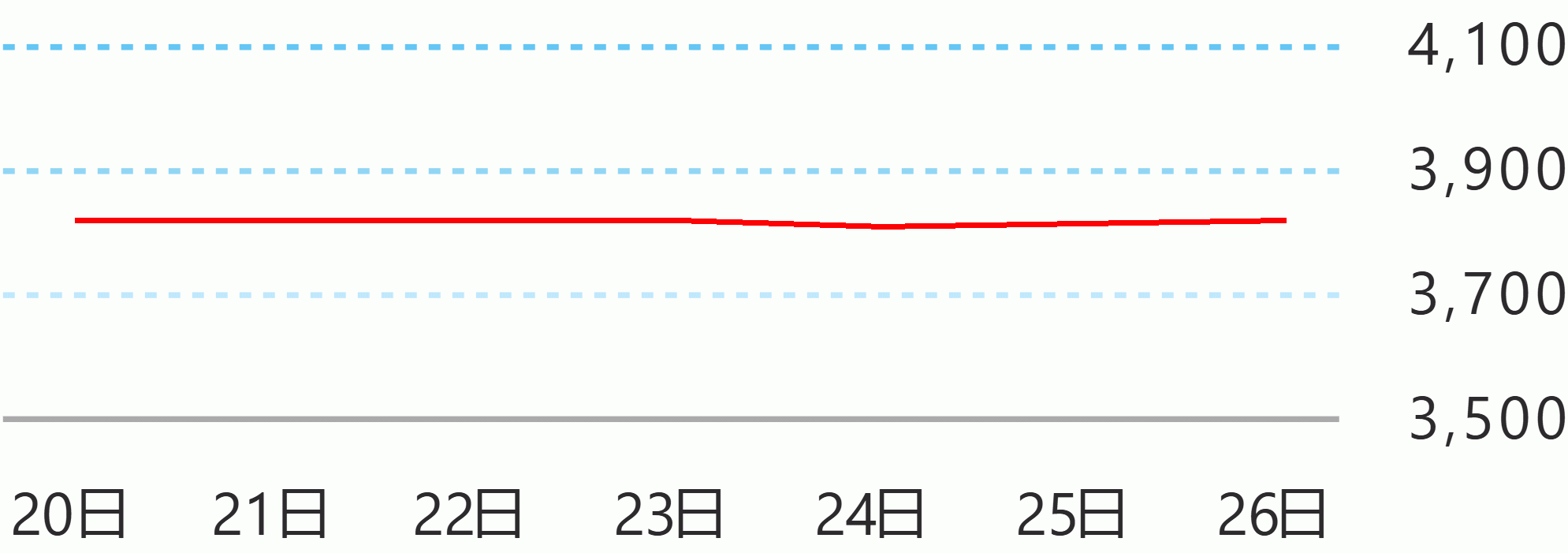A Department of Health (DOH) official said healthcare capacity in Metro Manila remains ''very manageable'' amid a reported breakthrough infection among the health workers.
During the ''Laging Handa'' virtual public briefing, Health Undersecretary Leopoldo Vega said the COVID-19 situation this month is different from the last surge experienced in previous year.
"We saw in September of last year that the cases really increased, together with the increase in hospitalization and intensive care unit utilization. But with the increase this January, we see that there is a different trajectory in terms of the increase of COVID-19 cases," he said.
"Yesterday, the number of cases was 32,000 and the other day around 28 and 33,000, we see that the hospitalization in the country is still at the low risk category," said Vega.
"Metro Manila is still on the border line of low risk and moderate risk at 60 percent. That is why it is very manageable at this time and the situation now is really different compared with the last wave that we saw with the Delta variant," he added.
Vega said based on latest DOH data 11 percent of the government healthcare workers in Metro Manila are placed in isolation due to COVID-19.
"In Metro Manila, our data yesterday shows 3,114 health care workers are in isolation, this is 11 percent of the total healthcare workers in government institutions of 26,000. So, it is still manageable," he said.
"Other hospitals also strategizing, by closing their other services like OPD (outpatient department), special services and elective surgeries, they postponed it because they know they have to cover the deployment for the healthcare workers in their COVID allocated areas," he added.
Told that some hospitals in Metro Manila have declared full capacity for COVID-19 patients, Vega said such predicament may be addressed by proper referral systems.
"What is needed is better coordination on the transfer of patients needing admission to those hospitals that still have the capacity. It is important to have well coordinated and well referred patients since there remains vacancy on the overall," he stressed. Robina Asido/DMS





 English
English











